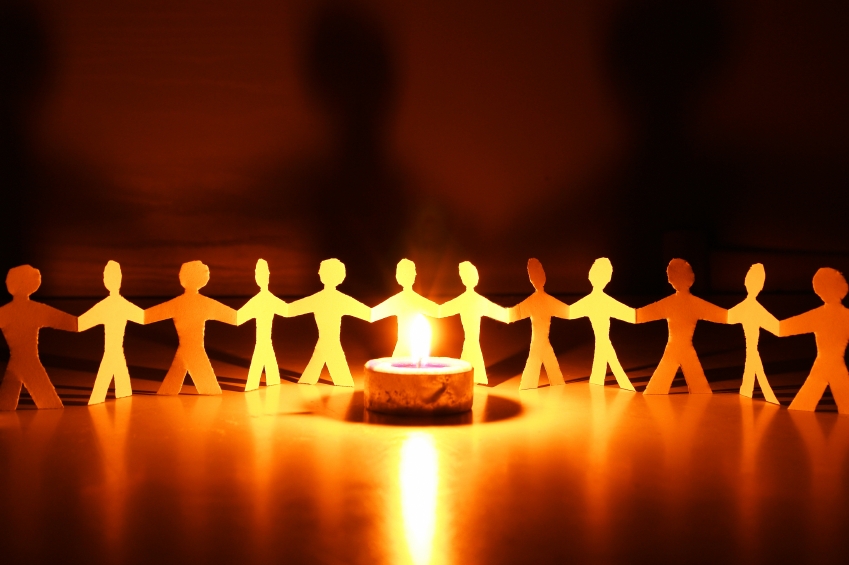Whether you are dealing with a family member who is terminal or someone has suddenly passed. We are often not prepared to plan a Shiva. Since it is Jewish tradition to bury our dead as quickly as possible…as soon as even the same day as it says in the bible “Thou shalt surely bury him the same day.” Negatively, it warned, “His body shall not remain all night” (Deuteronomy 21:23). Shiva begins immediately following the burial of the deceased.
Sitting Shiva is traditionally held over 7 days at the house of the immediate family. During this time it is customary for all that have know the deceased attend bearing food as well as lending a helping hand to the family.
Traditionally Jewish Funerals are scheduled for early morning as the religious concept underlying this law is that a Being, made in the image of God, should be accorded the deepest respect. It was and still is not OK to leave the body UN-buried for any length of time. The thought being that their soul has returned to God, but their body is left to linger in the land of the living, however, there are exceptions to this rule. In the event of Shabbat from Friday sundown to Saturday at sundown, High Holidays, if immediate family needs to travel. In these cases a Priest or someone outside the Jewish religion is allowed to preform the funeral, though normally this would forbidden. This is the proper honor that Jewish tradition accords to those who have passed on.
The psychological reasoning of following the sacred tradition of a hasty burial is the idea that it will help to alleviate the unbearable mental strain for the family to dwell any longer than necessary in “the valley of the shadow of death.” No one deserves to be subjected to the despair and anguish of continually being in the physical company of the deceased. This way the the family doesn’t have to suffer more emotional pain than possible.
The first period of mourning, called Shiva (Hebrew for seven), is a time of deep mourning lasting a week from the time the deceased’s family returns home after the funeral. The first meal at the house (seudat havraah), the meal of condolence. All the attendees gather at the assigned location and the first session of Shiva begins. Since it is customary to bury our dead in the morning with the idea that the out of town guests can begin Shiva before sundown, most often attendees arrive mid afternoon where platters of food should be available and ready for the hungry mourners to eat. The family has food catered and for the first service it typically consists of bagels, spreads, salads and dessert from the local Jewish deli, and rather than bringing food attendees send food from local deli’s and restaurants. There is usually a two hour break at about 4PM and the evening Shiva service begins again at 6PM where more food is laid out with lots of desserts. In that two hour break lunch has to be packed up and put away. The dishes need to be cleared, glasses and cups included and whatever may need washing and put away. The garbage taken care of and space cleaned up from the many visitors. Then it is time to set up for the evening service, heating or cooking dinner, receiving more food deliveries, setting the buffet and making sure drinks, ice and cups are in abundance. The second service will usually go until 9pm and the clean up will begin again. This goes on for 2, 4 or7 days.
Hiring a Shiva Consultant & Coordinator like myself can ease your burden immeasurably. Not only will you have someone there to guide you through the entire process. All of those decisions and communications will be handled for you as per your directive and your only concern will be how to dress, how to get through this ever-painful process of burying your loved one. Having someone there to care for all the parts of planning and implementing a Shiva “event” gives you the space to do what is needed the most. When you hire someone else to handle the event you can be assured that everything will be absolutely perfect when you arrive at the space for your Shiva.




